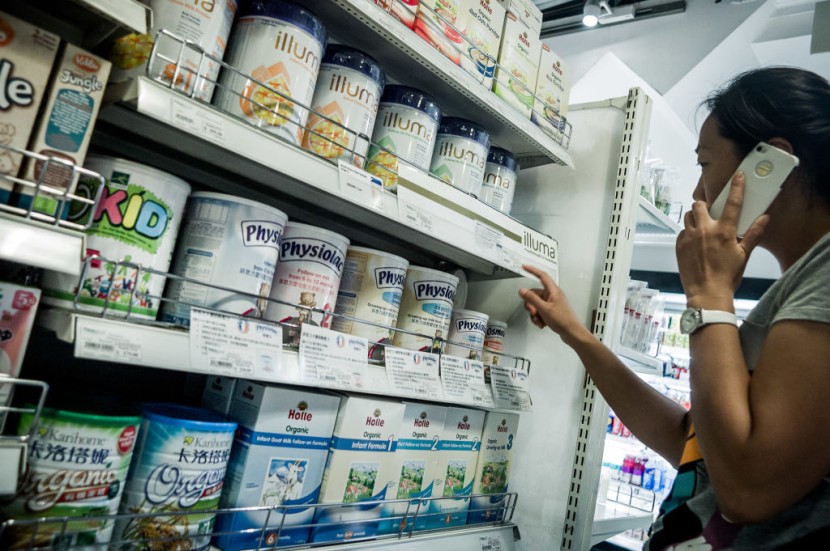
Following an investigation into five child illnesses and two fatalities, the Food and Drug Administration (FDA) is urging customers not to use specific powdered infant formulas prepared at Abbott Nutrition's Sturgis, Michigan, factory.
According to the CDC, parents should throw away any affected formula. If the first two digits of the code are 22 through 37, and the code on the container contains K8, SH, or Z2, and the expiry date is 4-1-2022 (APR 2022) or later, the FDA advises customers not to use Similac, Alimentum, or EleCare powdered baby formulas.
2 Infants Die After Exposure to Recalled Baby Formula
Similac PM 60/40 powdered baby formula was also recalled by the CDC owing to a probable Cronobacter infection. The formula should be disregarded if the can has a #27032K80 code on the bottom of the package or if the case has a #27032K800 code on the bottom of the package.
Per ABC7, the FDA reported in a news statement that it is examining four newborn illnesses and hospitalizations caused by Cronobacter sakazakii and Salmonella Newport infections in three states: Minnesota, Texas, and Ohio. According to the research, Cronobacter may have played a role in one fatality. Cronobacter bacteria, according to the FDA, can cause life-threatening illnesses including sepsis or meningitis.
The most essential thing is to read all of the recall information and affected lot numbers on the labels. CLICK HERE to read all of the recall information and impacted lot numbers. The FDA warns parents and caregivers against making or feeding homemade infant formula to their children. The FDA has not reviewed homemade infant formula compositions, and they may lack nutrients essential for a newborn's growt, as per WINK News.
Infant formula should never be diluted by parents or caregivers. Consumers should also avoid purchasing formulas from outside the United States online, since it may be fraudulent.
If your child's regular formula isn't accessible, talk to your child's doctor about changing his or her sources of food. If you get infant formula via WIC, do not discard it. Instead, return it to the retailer for a refund or exchange, or call the business for assistance at 1-800-986-8540. WIC recipients should be able to get a similar formula from a different brand. For additional information, contact your local WIC office.
Following reports of the fifth sickness, Abbott Nutrition has voluntarily recalled Similac PM 60/40 powdered baby formula with lot code 27032K800. The product is a specialized formula for infants who "would benefit from lesser mineral intake," according to the firm.
Read Also : SNAP Benefits March 2022 Schedule: When and How Much Food Assistance Can You Get in New York?
Baby Formula Recall Expands To Include Similac PM
Similac PM 60/40 cans with lot code 27032K80 have also been connected to illnesses. The business has also issued a recall for those. The baby formula was sold in the United States and Israel.
Per NBC Chicago, Abbott Nutrition has issued a recall for particular batches of Similac, Alimentum, and Elecare products. The 7-to-9 digit number and expiration date on the bottom of the packaging can be used to identify recalled items. If a product has all three of these characteristics, it is included in the recall:
- 22 through 37 are the first two numbers of the 7-to-9 digit code
- K8, SH, or Z2, AND is the code on the container.
- The date of expiry is April 1st or later
The recall excludes liquid infant formulas, and users are urged to continue using goods that have not been recalled. Cronobacter bacteria, according to the FDA, can cause life-threatening infections or meningitis.
Poor eating, irritability, temperature changes, yellowed skin or eyes, grunting breaths, and odd motions are all symptoms of sepsis and meningitis. If your child is exhibiting any of the symptoms, you should contact a medical professional right once.
Related Article: Teen Suffers Finger, Leg Amputation After Eating Friend's Leftover Noodles; How To Avoid This Scenario?
@YouTube
© 2026 HNGN, All rights reserved. Do not reproduce without permission.








